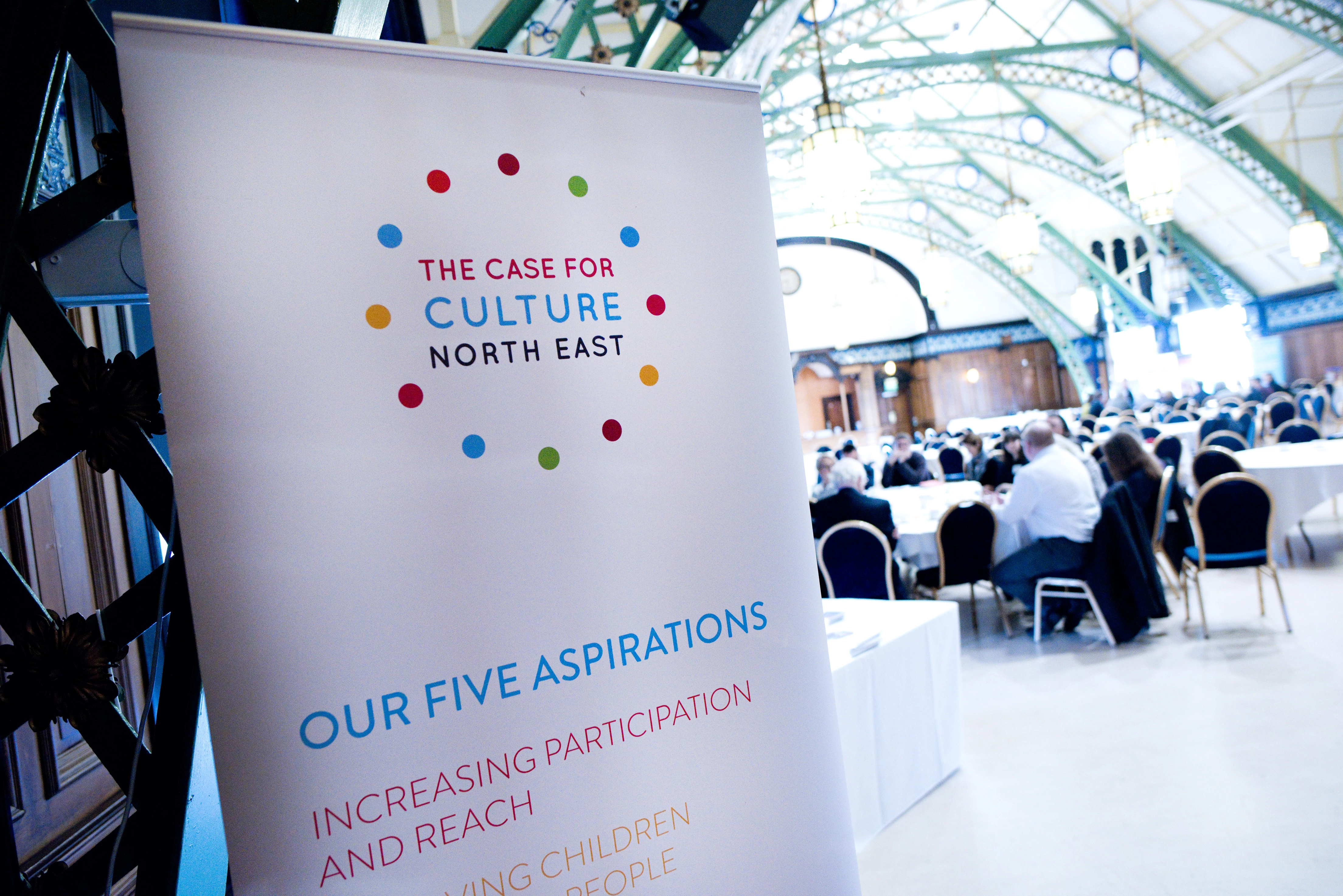
Partner Article
North East arts and heritage organisations favour EU partnerships – in spite of Brexit
A survey by the North East Culture Partnership suggests that collaboration with Europe is preferential to the rest of the world.
More arts and heritage organisations in North East England are choosing to work with EU partners in preference to the rest of the world. A new survey suggests that, in spite of Brexit, cultural organisations are predicting more collaboration with Europe over the next 15 years.
The survey by the North East Culture Partnership reveals that working with EU countries remains easier and more affordable than collaborations further afield.
The Creative and heritage industries are worth £1.9 billion in Gross Value Added to the North East Economy, and employ nearly 124,000 people. A pre-Brexit survey by the NECP in 2015 showed the sector was working with one-third of the world.
The latest survey reveals there has been a 14% decrease in the number of European countries working with North East culture organisations, but the decline in collaborations with the rest of the world has been more pronounced.
It also reveals the particular importance of six countries to the North East’s arts and heritage sector: USA, Germany, Netherlands, France, Sweden, and Spain, both now, and over the next 15 years.
This 2017 survey found that 69 arts and heritage organisations are currently working with 41 countries (compared with 61 countries in 2015), despite a 53% increase in the number of respondents in 2017. This 33% reduction in the number of countries, compared with the pre-Brexit 2015 survey, revealed significant differences in the balance of EU: non-EU collaboration though. The reduction in the number of EU countries being worked with now vs. 2017 was only 14%, compared to a 43% reduction in work with more long-haul countries. In addition, respondents are predicting a 43% increase in working with the EU over the next 10-15 years, compared with the 2015 survey.
Based on this data, NECP went back to respondents to try and gain further insight into possible reasons for the preference for EU working. While some organisations work with both EU and non-EU countries, the reduction of funding, advice and support for developing new international partnerships, and the expense of long-haul travel, appear to be contributing factors to the preference for continuing to work with the EU, as is the desire to continue working with long-established EU partners.
Indeed, it does appear that, against the backcloth and uncertainty around, Brexit, the North East culture sector is continuing to build on its excellent existing connections with Europe. For example, an existing cultural agreement with West Sweden is working well – with partners wishing to extend the partnership for a further three years, and with West Sweden having sent 10 representatives to the North East last November.
Graeme Thompson (Pro-Vice Chancellor, University of Sunderland, and Chair of the NECP International Group) said: “This survey has identified the six countries with the most potential for future investment and growth in terms of cultural partnerships. It suggests that European countries continue to be attractive to organisations in spite of the potential barriers threatened by Brexit.”
Based on this data, the NECP International group will be exploring the reasons for the decrease in international working in the sector and will be campaigning for more support for arts and heritage organisations to form international partnerships, and to trade across the world.
For more information on the North East Culture Partnership (NECP):
Web http://www.case4culture.org.uk Twitter https://twitter.com/NECulture
This was posted in Bdaily's Members' News section by Nicky Mckeen .
Enjoy the read? Get Bdaily delivered.
Sign up to receive our daily bulletin, sent to your inbox, for free.








 £100,000 milestone drives forward STEM work
£100,000 milestone drives forward STEM work
 Restoring confidence for the economic road ahead
Restoring confidence for the economic road ahead
 Ready to scale? Buy-and-build offers opportunity
Ready to scale? Buy-and-build offers opportunity
 When will our regional economy grow?
When will our regional economy grow?
 Creating a thriving North East construction sector
Creating a thriving North East construction sector
 Why investors are still backing the North East
Why investors are still backing the North East
 Time to stop risking Britain’s family businesses
Time to stop risking Britain’s family businesses
 A year of growth, collaboration and impact
A year of growth, collaboration and impact
 2000 reasons for North East business positivity
2000 reasons for North East business positivity
 How to make your growth strategy deliver in 2026
How to make your growth strategy deliver in 2026
 Powering a new wave of regional screen indies
Powering a new wave of regional screen indies
 A new year and a new outlook for property scene
A new year and a new outlook for property scene